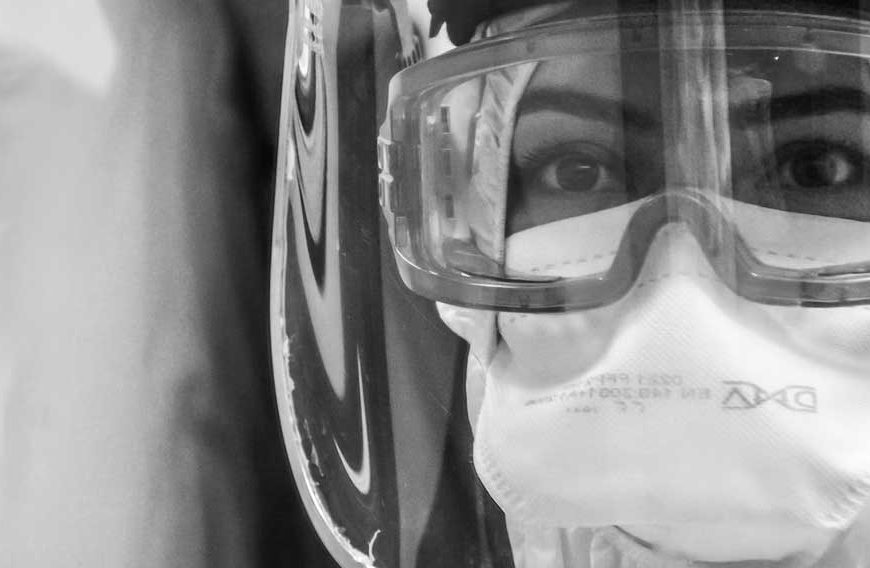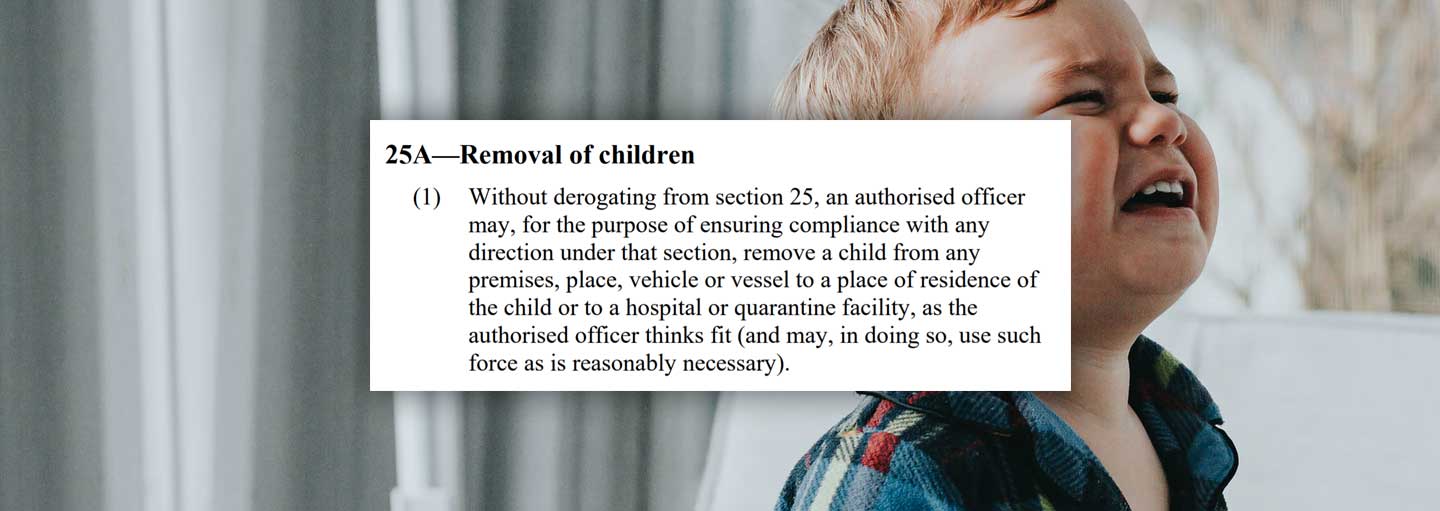We live in an age where truth is spurned, reality is ignored, and radical agendas are embraced as gospel. But this never helps anyone – it in fact only hurts everyone. So we need to steer clear of this madness and get back to some basic truths if we want to deal with what really ails us. Here then are some realities you can bank on (and forget what the secular left ideologues tell you):
- Men and women are different.
- Marriage is between a man and a woman.
- Heterosexual marriage matters for adults, for children, and for society.
- The above points are fully grounded in who we are and the world that we live in.
Much of this is nicely summed up in a paragraph penned by Ryan Anderson a decade ago:
Marriage is based on the truth that men and women are complementary, the biological fact that reproduction depends on a man and a woman, and the reality that children need a mother and a father. Redefining marriage does not simply expand the existing understanding of marriage; it rejects these truths. Marriage is society’s least restrictive means of ensuring the well-being of children. By encouraging the norms of marriage—monogamy, sexual exclusivity, and permanence—the state strengthens civil society and reduces its own role. The future of this country depends on the future of marriage. The future of marriage depends on citizens understanding what it is and why it matters and demanding that government policies support, not undermine, true marriage.
But today we are hell-bent on denying that which is according to reality and that which involves our very own nature. As political scientist Hunter Baker put it in a recent article:
One of the odd things about our age is that we have a selective obsession with all things natural. We want our food to be organic. Leave out the genetic modifications. Avoid the use of various pesticides. If at all possible, let the food be grown and grazed on land near the place that we live. We have a great desire to live in harmony with nature. In addition, it is our wish (a wise one) that we run our industries in such a way as to minimize the impact on the natural environment. We hope to preserve nature against the manipulations of techno-humanity. There is something in us that recognizes the importance of “living with the grain” of things, so to speak.
And yet, with our growing wealth and increasing power of individual human wills, we are beginning to believe that anything is possible. When nature runs up against desire, we choose desire. Men who feel as though they should be women believe they can actually become women. Women who feel they are actually masculine in their heart and mind believe they can become a man just as surely as a frog can become a prince in a fairytale.
But perhaps we shouldn’t be surprised. The sexual revolution led directly to the successful commercialization of the most unnatural act of all, which is the intentional killing of offspring by parents in the tens of millions. We should find it in ourselves to return. Return to men being men and women being women. Return to parents sacrificing themselves for children rather than the other way around. Return to fathers and mothers working together to sustain their families and the human family.
Another American professor who has written much on these matters is J. Budziszewski. If you are not familiar with him, see my article from yesterday where I introduce you to this important thinker and his impressive body of work.
Here I want to quote from one of his books, On the Meaning of Sex (ISI Books, 2012), specifically Chapter 3, “The Meaning of Sexual Differences.” The entire chapter, and book, are well worth reading. It is hoped these brief snippets will motivate you to further look into the book and the author.
Early on he makes this statement: “Men and women aren’t just different, but different in corresponding ways. They are complementary opposites, alike in their humanity, but different in ways that make them natural partners. Each sex completes what the other lacks, and helps bring the other into balance.”
He goes on to say this:
The many sharp differences that do exist between the sexes hold consistently across countries, educational levels, ages of respondents, and years in which the studies are conducted. Guess what? These differences correspond closely with traditional views of the differences between men and women. Not only that, but the differences in views about the sexes turn out to be just as universal as the differences between the sexes. In other words, not only do we find the same differences everywhere, but we also find much the same views about these differences everywhere—even in countries like ours, where confessing to such views is branded as prejudiced and retrograde.
He examines in some detail the many very real differences and then writes:
Individuals are more than just clusters of properties. Human individuals have personal identities: they belong to the natural kind “humanity”; the members of this natural kind are fulfilled in the activities of knowledge, work, and love; and the terms “man” and “woman” express a real division of it. On this account, the difference between men and women is not invented or constructed, but simply recognized. It lies in the nature of things. Yes, of course, cultures try to nuance the difference between men and women in different ways, but that does not make the difference itself just a product of culture. And yes, not all women are more nurturing than all men, not all men are more assertive than all women, and so on. Even so, the fact that most women are more nurturing than most men is much more than an accident. It arises from a genuine difference in the underlying reality, the difference between womanhood and manhood as such.
To say that there is a real difference between manhood and womanhood as such is not at all to say that this difference is simple or all-encompassing. Because men and women are not different species, but corresponding sexes of the same species, each is defined partly in terms of the other.
Because men and women are different, so are dads and mums:
The difference between fatherhood and motherhood, hence between manhood and womanhood, involves a difference in the male and female modes of love for their children, but there is much more to it than that. The difference is both greater and deeper. Manhood in general is outward-directed and womanhood inward- directed. This is no cliché; the distinction is quite subtle. Outward-directedness, for example, is not the same as other-directedness, for many men prefer dealing with things. Inward-directedness is not same as self-directedness, for the genius of women includes caring for the local circle. If the contrast between outward- and inward-directedness sounds like a dig at male vanity or sexual promiscuity, or for that matter at female narcissism or emotional dependency, it isn’t that, either. Characteristics of those sorts are not the essence of the sexual difference; they are merely vices that result from the indulgence of temptations to which the two sexes are unequally susceptible. In speaking of outward – and inward-directedness, my intention is not to call attention to the corruptions, but to the good things that are sometimes corrupted. It is a good thing that an unmarried man pursues the beloved whereas an unmarried woman makes herself attractive to pursuit; that a husband protects the home, whereas a wife establishes it on the hearth; it is a good thing that a father represents the family and oversees it, whereas a mother conducts the family and manages it.
I conclude with one final quote, part of which I featured in my previous article:
We have turned husbands and wives into androgynous “spouses,” fathers and mothers into interchangeable “parent figures.” We approach having a child like acquiring a pool table or wide-screen TV. Would it be fun? Would it be tedious? Would it be worth the expense? Fathers and mothers have need of recovering their sense of regal calling, taking up their ball and scepter, and ruling their dominions with love for their precious subjects. It is not for nothing that the king of a commonwealth is called “Sire”; humanly speaking, of the callings of fatherhood and kingship, the deeper and more primordial is fatherhood.
May it be needless to say that mothers and fathers must also recover the conviction of their need for each other. They must do this not only for their own sakes, but for their young. Every child needs both a mother’s and a father’s love. It is not enough to provide an intermediate love that is half motherly and half fatherly, or an inconsistent love that is motherly at some times, fatherly at others. Nor is it enough to give one kind of love for real, while giving only a pretense or simulacrum of the other kind. Even though the two loves resemble each other, they are distinct, and neither can be imitated by anything else. Yes, it may be true heroism when through no fault of one’s own, a father or a mother raises a child all alone; yet it is better not to be alone. No woman can fully take the place of a father, any more than any man can substitute for a mother.
I for one will always celebrate men and women, husband and wife, father and mother. And I am thankful for great thinkers such as Budziszewski who have sought to make the case for all three vital pairings.



















